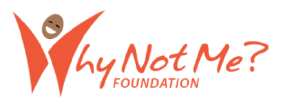WHY NOT ME FOUNDATION
Empowering the impoverished Youth of Senegal through Sports, Health, and Education
TALIBÉ BOYS PROGRAM
Creating a safe environment to help young “Talibé” boys leave a life of street begging.
GIRL POWER PROGRAM
Guiding young girls along the path to becoming strong, independent women.
OUR FOCUS AREAS
BASIC NEEDS
BASIC NEEDS
HEALTH & MEDICAL
HEALTH & MEDICAL
EDUCATION
EDUCATION
SPORT
SPORT
UNDERSTANDING POVERTY
CHALLENGES IN AFRICA
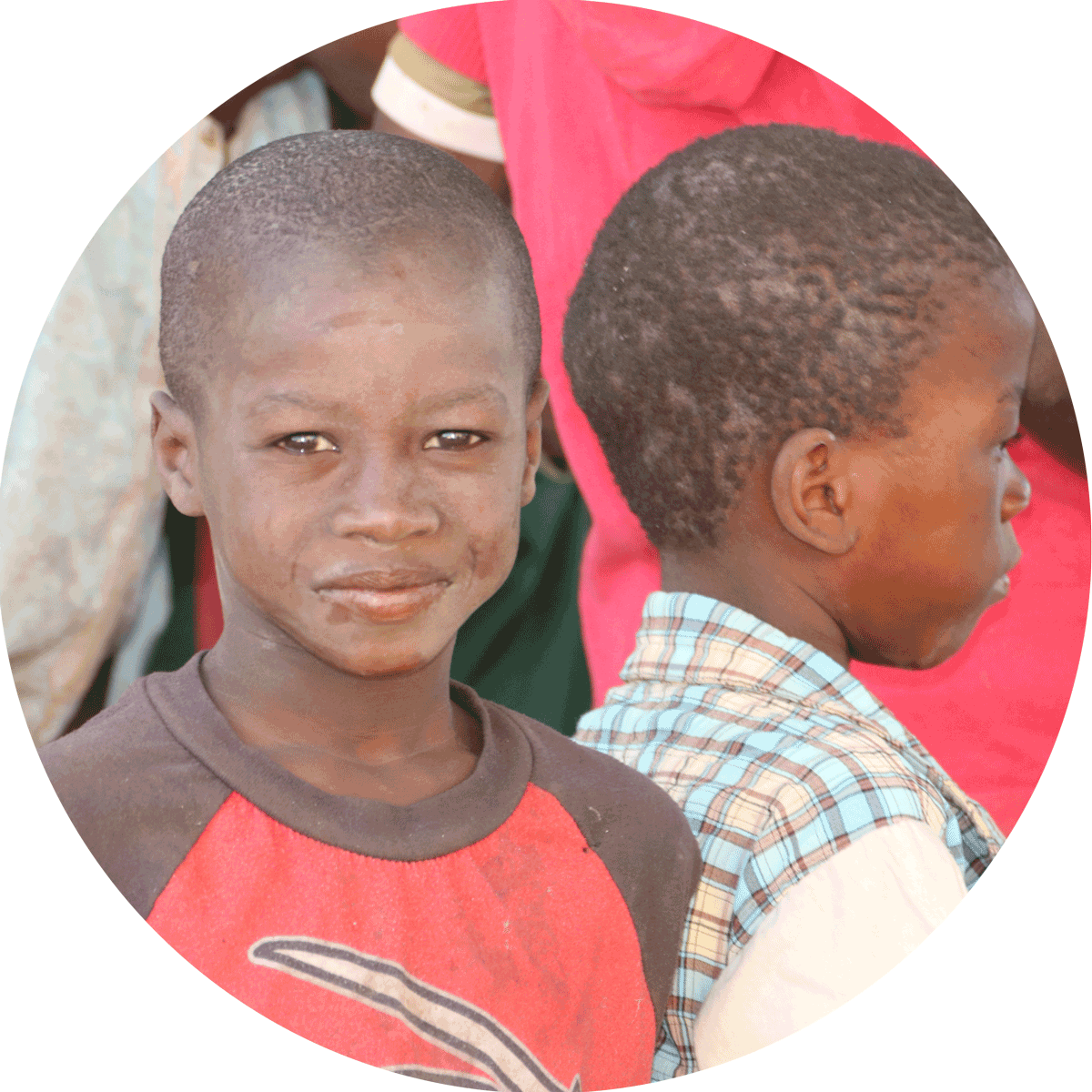
Limited Health and
Well-Being
Less than 50% of Africans have access to modern health facilities and resources. Additionally, most African countries spend less than 10% of their GDP on health care.

Industry Innovation and Infrastructure
Since 2015, Sub-Saharan Africa ranks lowest in global industrialization with an 11% Manufacturing Value Added (MVA). MVA is an indicator for assessing a country’s industrialization.
Source: The World Bank
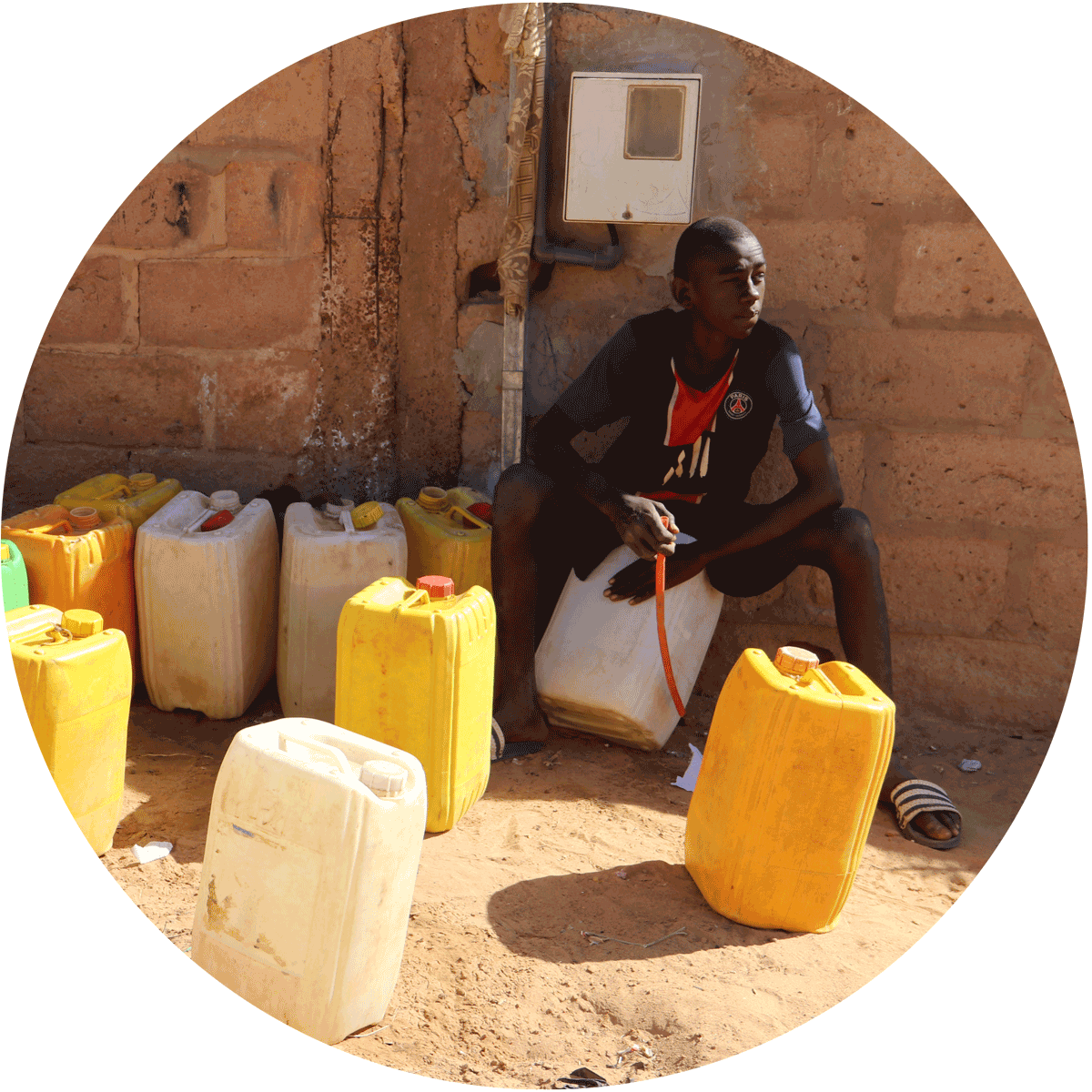
Dirty Water and Poor Sanitation
In Africa, more than 315,000 children die every year from diseases caused by unsafe water and poor sanitation which makes up 63% of the 502,000 global deaths per year from unsafe water and poor sanitation.
Source: The Conversation
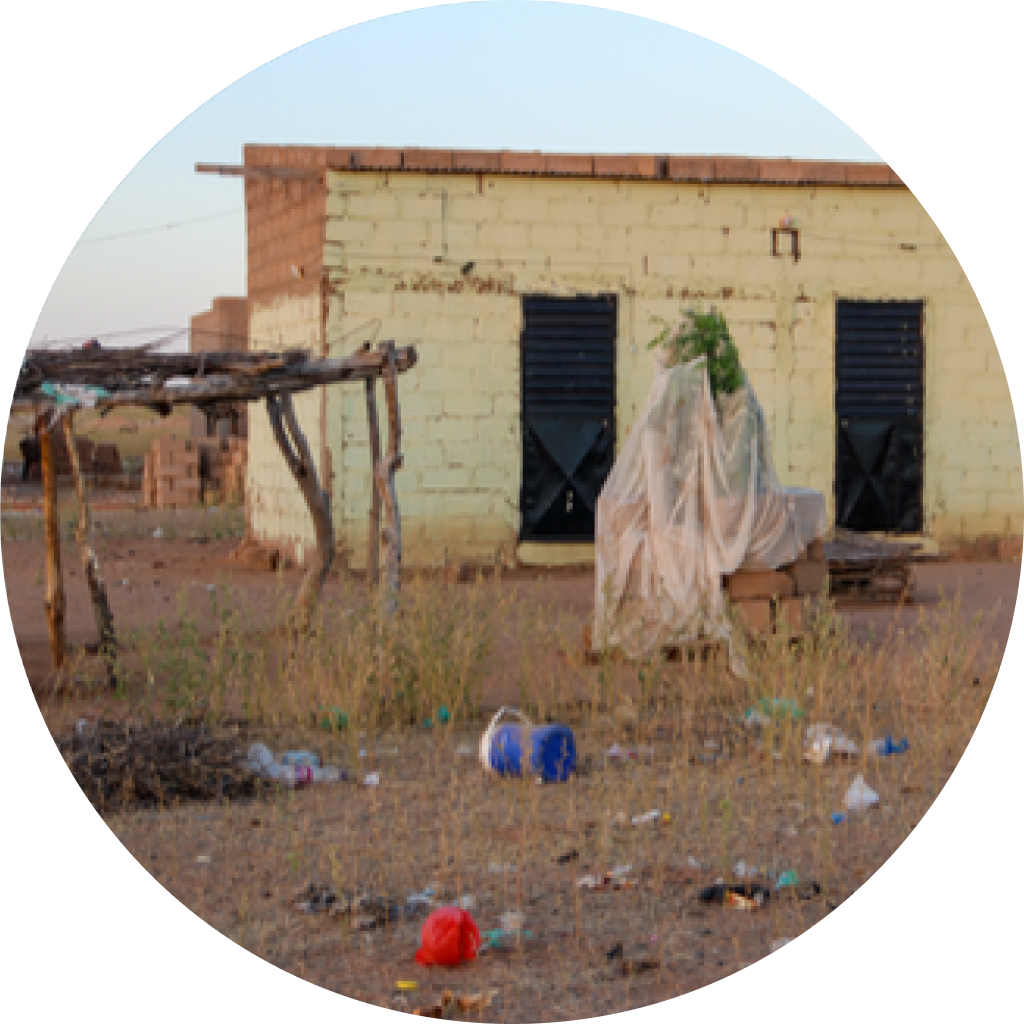
Unsustainable Cities and Communities
Africa is urbanizing at 4% per year, according to UN-Habitat, which will need to increase to combat the rapidly growing urban population. Around 400 million or 40% of Africans live in urban areas and that number is expected to triple by 2050.
Source: United Nations
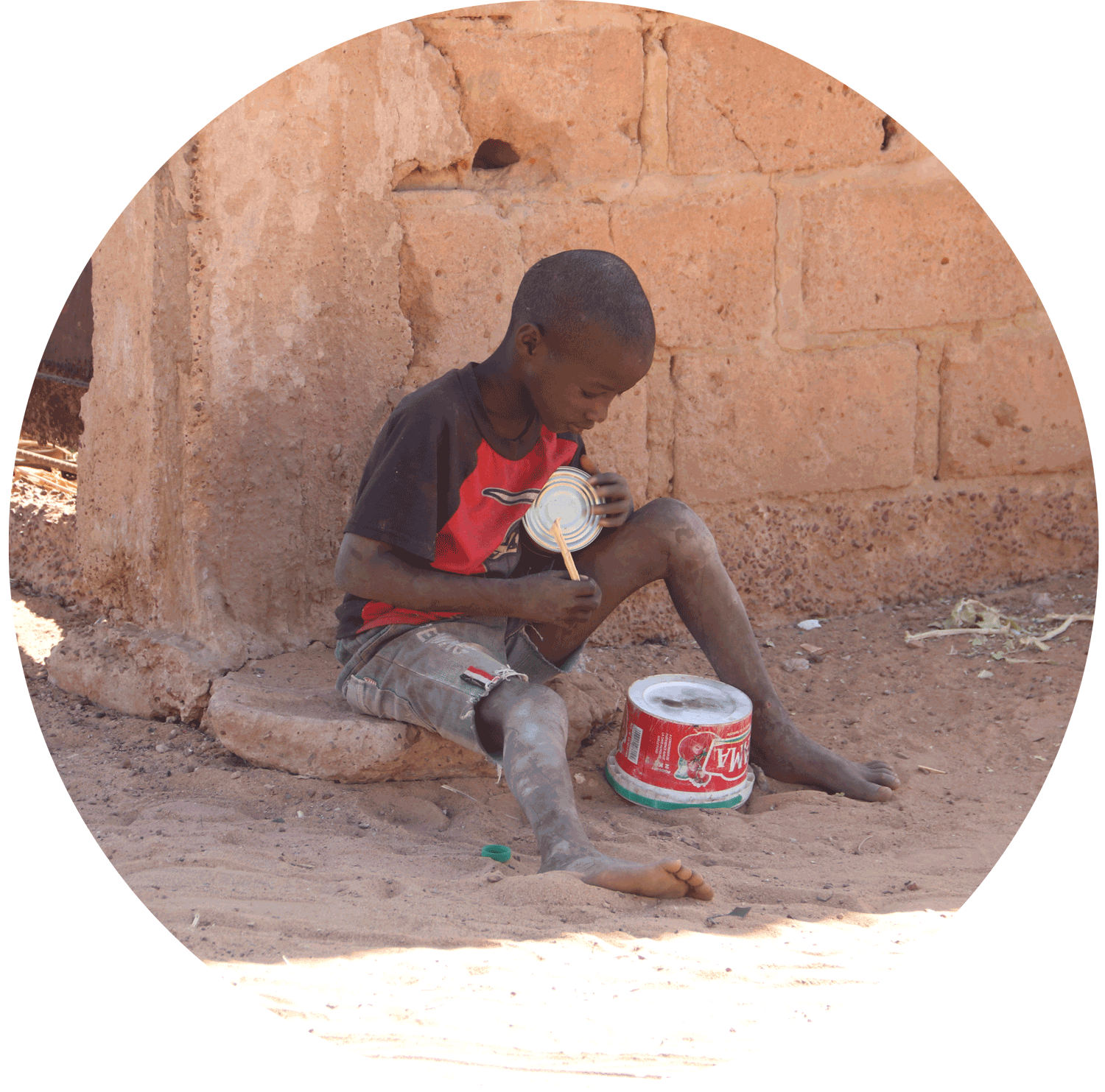
Lack of Quality Education in Africa
60% of children over the age of 15 are not in school, while 27% of African Children between ages of 6 & 11 have never been to school.
Source: Human Rights Watch
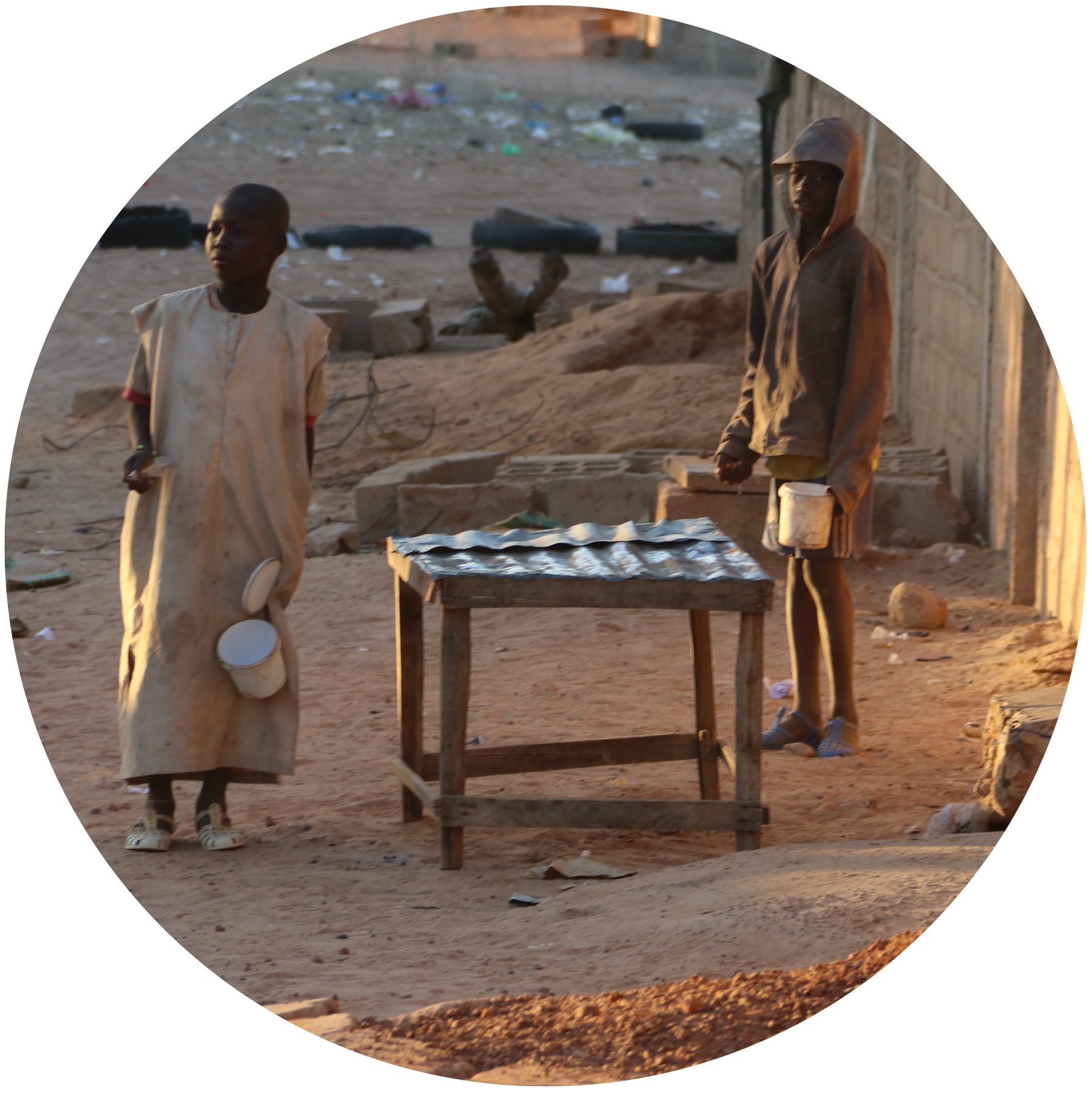
Stagnant Economic Growth
Sub-Saharan Africa has experienced major economic difficulty due to the COVID-19 Pandemic. Recovery is expected to lag behind the rest of the world with a cumulative per capita GDP growth over the 2020-25 period projected at 3.6 percent, compared to 14% globally.
Source: International Monetary Fund
1/3
1/3
3/5
1/3
of African Children between ages of 6 & 11 have never been to school
Source: Human Rights Watch
of children 12 -14 are out of school
Source: Human Rights Watch
children over the age of 15 are not in school
Source: Human Rights Watch
Africans live below the global poverty line
Source: Human Rights Watch
